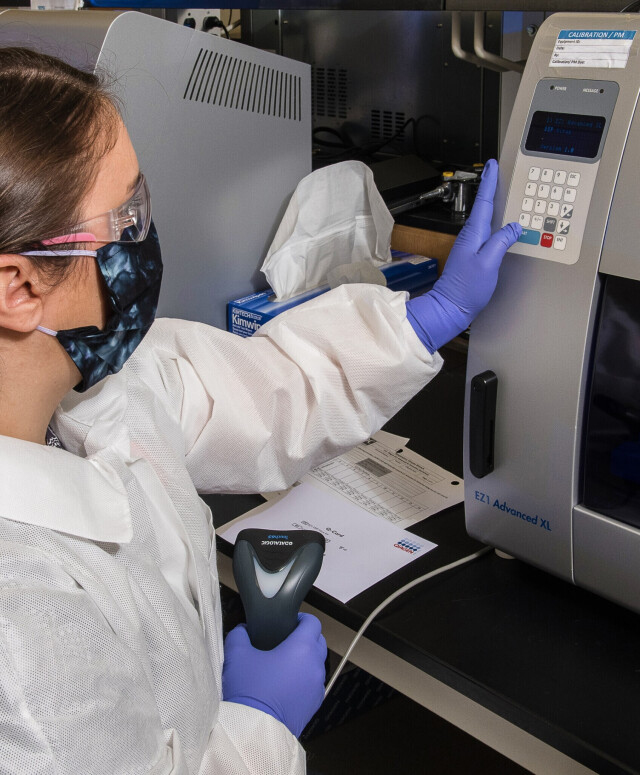Research results
The AI4HF project is divided into subsections, called Work Packages (WPs). All project partners collaborate and work in a multidisciplinary matter on these different WPs. Every WP has to deliver their achieved results (also deliverables) to collectively drive the AI4HF project towards its ambitious goal of trustworthy AI in heart failure risk assessment. The obtained research results within the AI4HF project will be shared here.











